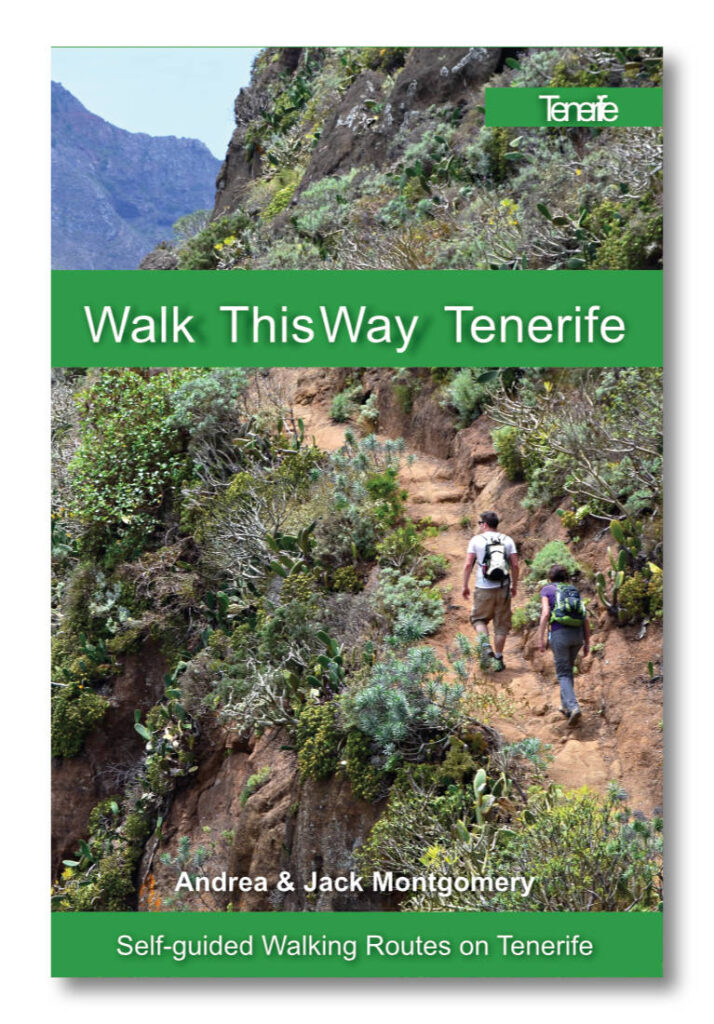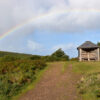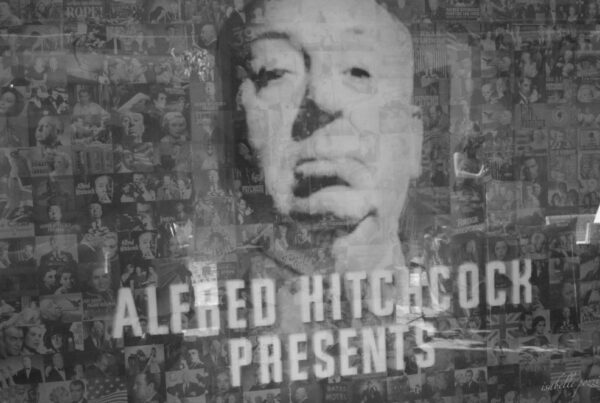Reading Cormac McCarthy’s All the Pretty Horses, I was completely transported by the prose. I was whisked away to join John Grady and Lacey Rawlins on the trail as they moseyed their way south through Texas and into Mexico on a ranch hand’s pilgrimage, young cowboys trying to outride a changing world.
Not a lot happens for long passages in the first third of the book, yet I basked in the descriptions of the countryside the two young men journeyed through:
‘They rode all day following through rolling hill country, the low caprock mesas dotted with cedar, the yuccas in white bloom along the eastfacing slopes.’
I could smell the bloom, hear the piercing cries of raptors, and feel the sticky Mexican sun on my face. I ambled along with John and Lacey at a leisurely pace, enjoying the ride.
All the Pretty Horses is considered by many as the classic American novel, but some readers are left cold by what they see as a lack of a plot and a laborious pace.
‘What is it about cowboy books that dictates that nothing much must happen & if anything should happen then it shouldn’t be often? This fella can write but I began to think his calling was travel guides not novels.’
At first, I couldn’t understand this. The more I thought about what it was about the novel’s early stages I liked so much, the more I felt I understood what it was some people didn’t like. I’m a travel writer, so descriptions of the countryside resonated. But it was more than that, the sense of being on a journey brought on an attack of itchy feet as I read. Andy and I create itinerant walking holidays and write guides to go with them. Each one is a journey, whether that involves crossing from the south of Gran Canaria to end at the sea on the north coast, following a lesser-known section of the Camino de Santiago from Portugal to Santiago de Compostela, or walking from Feldberg to Freiburg through Germany’s Black Forest. As we’re responsible for piecing these routes together, when we lace up our boots each morning, we’re never sure what trials and tribulations we’re going to encounter along the trail. Many people might not consider walking a particularly exciting activity. It’s not fast-moving, agreed, yet itinerant walking involves a sense of exploration, of a desire to find out what lies beyond yonder hill. It feeds a hunger that is as old as humankind. Okay, that’s a tad melodramatic, but only a tad.
Que!
There’s another element to John and Lacey’s voyage that I could identify with, and that’s venturing through a country where the language spoken isn’t your first. Cormac McCarthy tackles this by including passages in Spanish with no translation.
Dónde está su caballo?
En el Segundo puesto.
Vámonos, vámonos.
I can speak Spanish to a reasonable level, so read these passages much the same as if they were in English. What’s more, the Spanish I heard daily for fourteen years was more in line with South American Spanish rather than Castilian, so the vernacular is familiar.
In the novel, John Grady can speak Spanish, Lacey Rawlins can’t. McCarthy’s approach puts readers who can’t speak Spanish in Lacey Rawlins’ boots. For me, that makes it feel even more real. I can see the world through Lacey’s eyes because I’ve been there many times myself. Mostly when we’re putting together itinerant walking holidays, we can’t speak the language of the country we’re hoofing it across. It adds an extra challenge, one that makes it all the more satisfying when desired outcomes are achieved. In writing terms, it’s a bold approach to include passages in another language without translating them. I used smatterings of Spanish in By the Time dawn Breaks, but did so in a way I hoped they could be easily understood. McCarthy makes no such allowance. For most readers, his technique works, but it does frustrate some. The few negative reviews the book has on Amazon invariably reference his use of Spanish:
‘The amount of dialogue in Spanish is very irritating, particularly if like me, you do not speak a word of the language.’
You can’t please all of the people…
In a way, how anyone views All the Pretty Horses might say something about their approach to travel and life in general.















